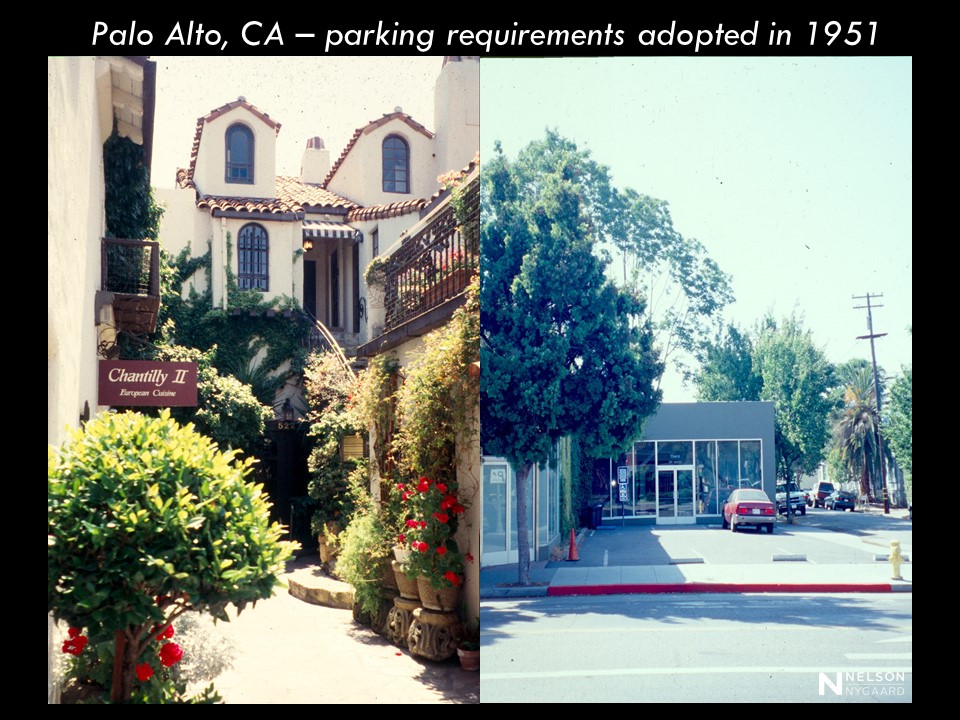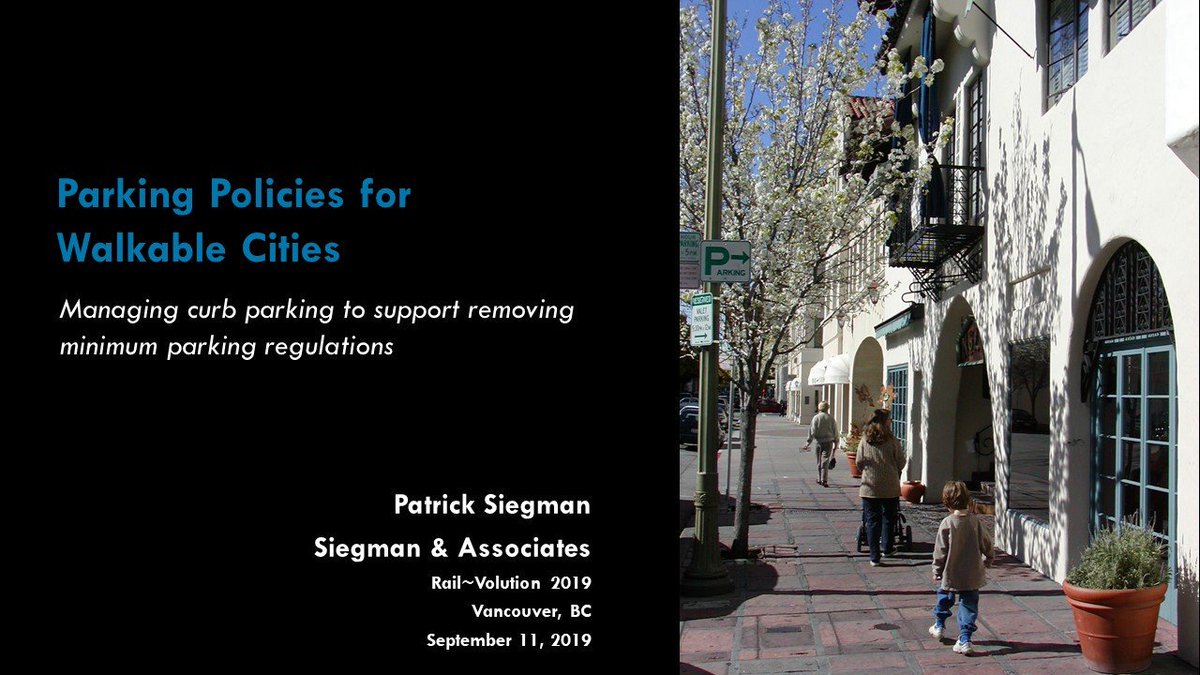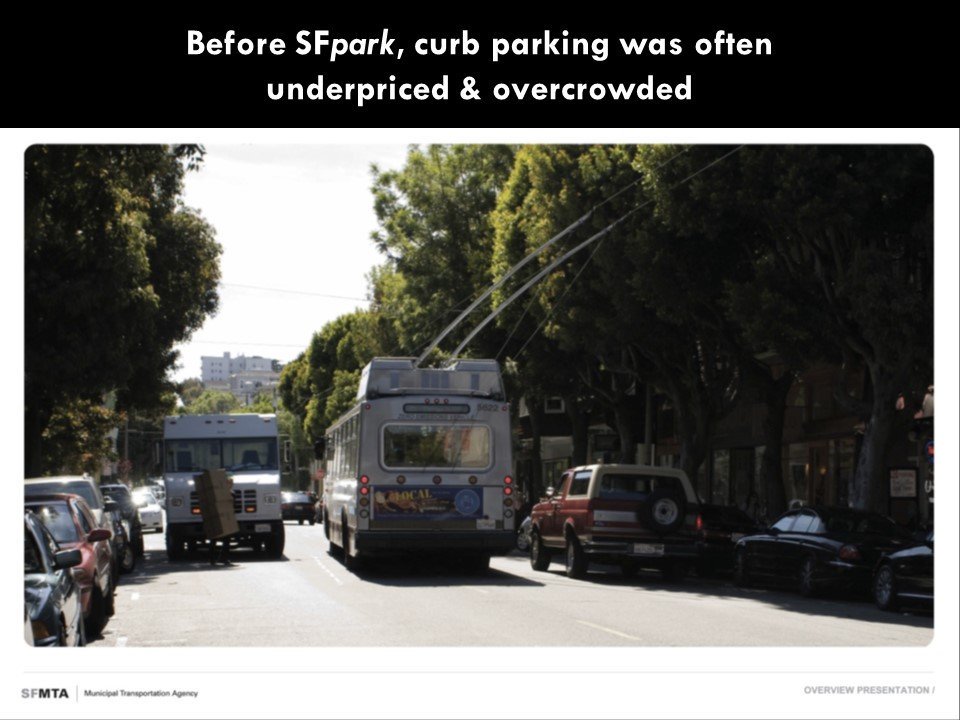
Thousands of #California homeowners are eager to have renters next door.
They’re so eager to have renters that they are spending millions to attract them.
buildinganadu.com/adu-blog/calif…

They’re so eager to have renters that they are spending millions to attract them.
buildinganadu.com/adu-blog/calif…


Why did it take so long for us to realize that thousands of California homeowners want to have renters next door? Because until 2017, most CA homeowners couldn’t legally build an accessory dwelling unit (#ADU) on their property.
hcd.ca.gov/policy-researc…

hcd.ca.gov/policy-researc…


What happened when California made it legal for most homeowners to add a small rental home (i.e., an #ADU) to their own property?
A 925-fold increase in permits issued to build accessory dwelling units in 7 years! Lots of us like having renters next door.
A 925-fold increase in permits issued to build accessory dwelling units in 7 years! Lots of us like having renters next door.

• • •
Missing some Tweet in this thread? You can try to
force a refresh



















